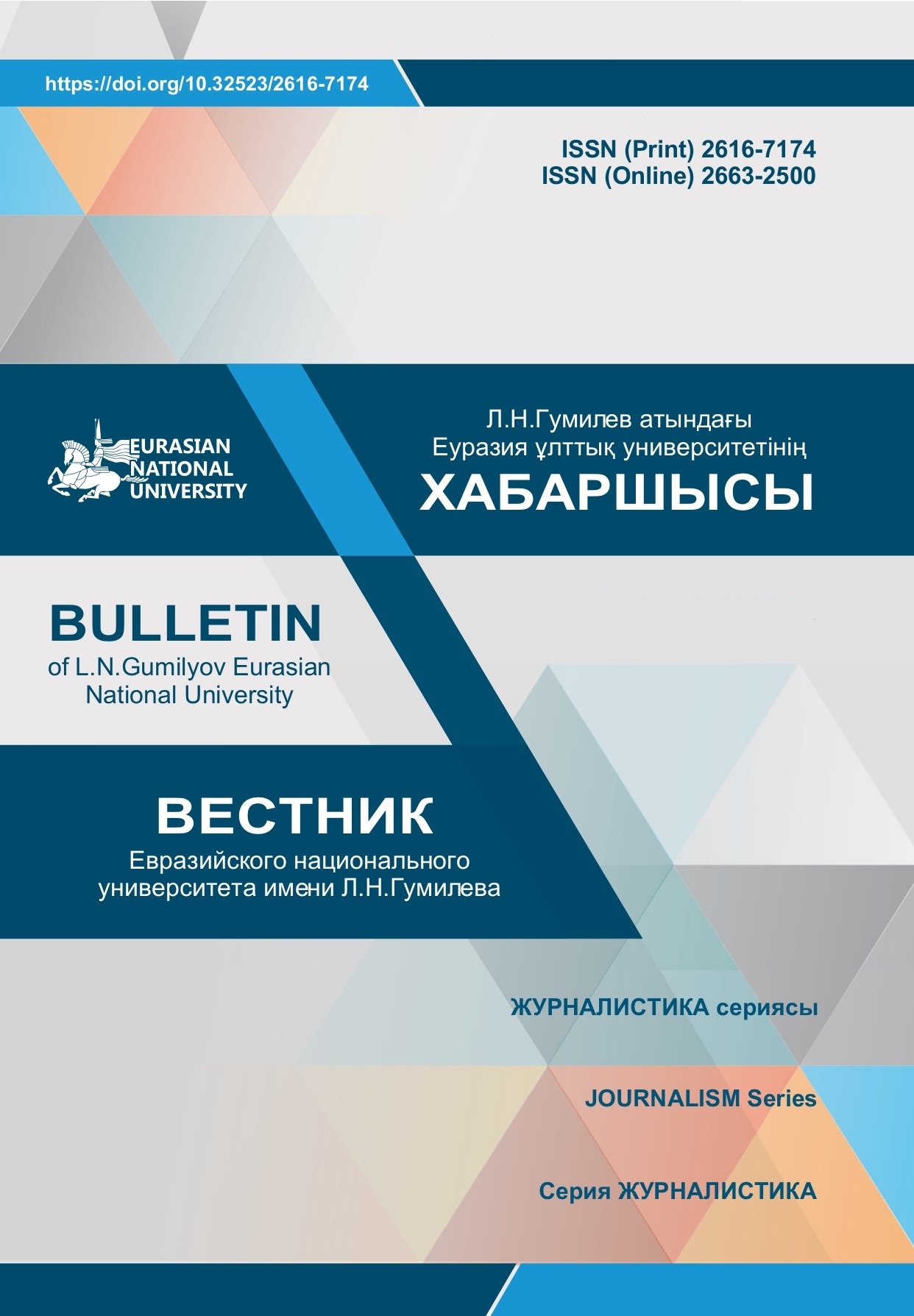Problems of post-truth manipulation in the context of elections
Views: 189 / PDF downloads: 125
DOI:
https://doi.org/10.32523/2616-7174-2025-151-2-108-119Keywords:
Post-truth, manipulation, populist, emotions, truthAbstract
This article explores the concept of post-truth and its influence on contemporary political processes, particularly in the context of elections. Post-truth is described as a form of public perception in which emotional rhetoric and personal belief outweigh factual and objective information. The study examines the theoretical foundations of post-truth and reviews scholarly perspectives on its role in political communication. The author views post-truth as a tool of media manipulation, shaping public opinion and influencing electoral decisions. Manifestations of post-truth in electoral processes are illustrated through global case studies. In particular, the 2016 and 2020 U.S. presidential elections, involving Donald Trump, are presented as prominent examples of the post-truth phenomenon. Trump's campaign relied more on catchy, emotionally resonant slogans (such as «Make America Great Again») than on factual accuracy [1]. The article also analyzes Kazakhstan’s recent electoral experience through the lens of post-truth. In recent years, the country has seen signs of post-truth politics, including the spread of fake news against candidates on social media, populist campaign slogans, one-sided media coverage, and low levels of media literacy among the electorate. The study concludes by identifying the risks post-truth poses to democratic development and open electoral principles, and proposes strategies to counteract its effects.


